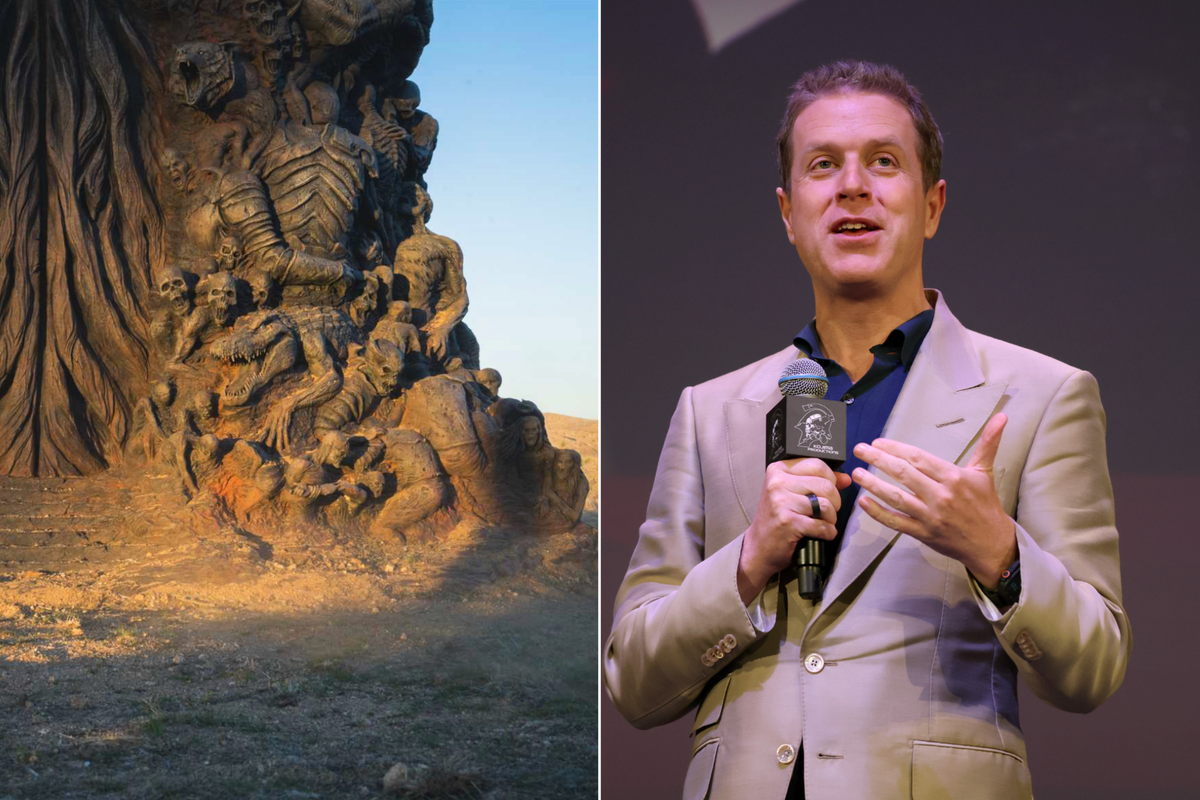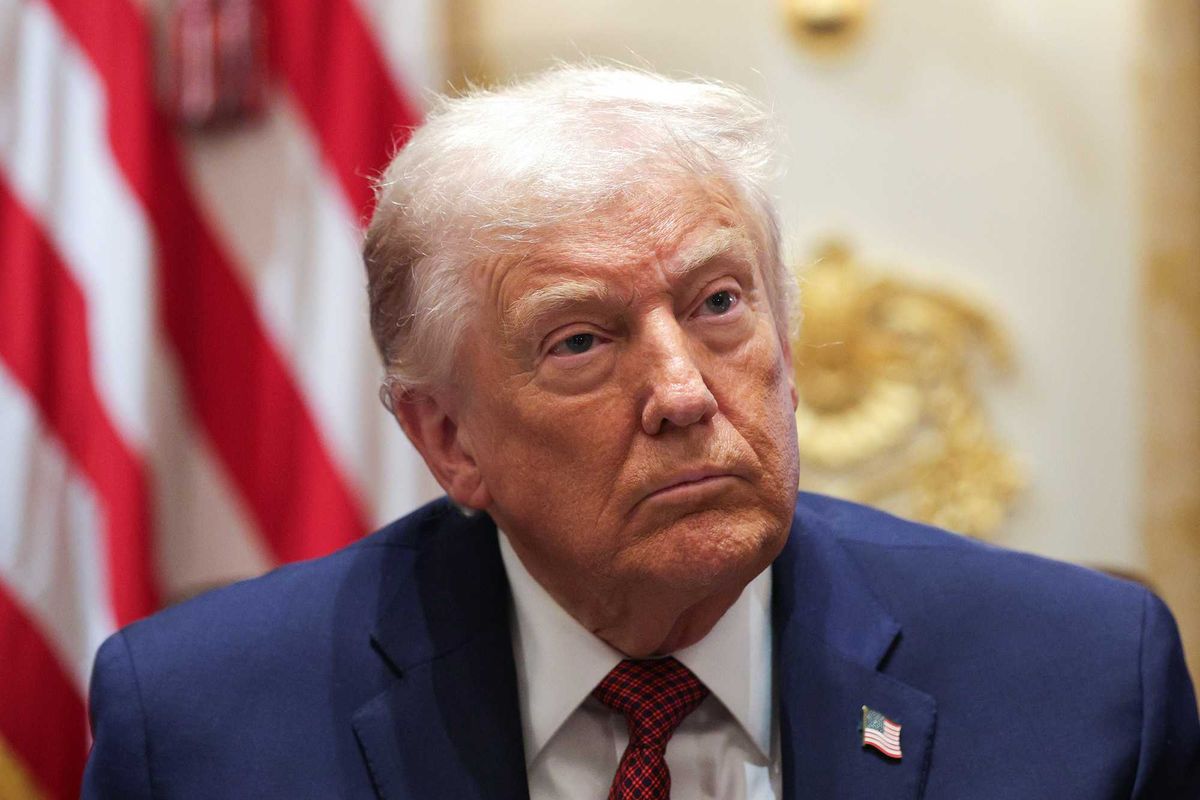Louis Dor
Oct 27, 2016
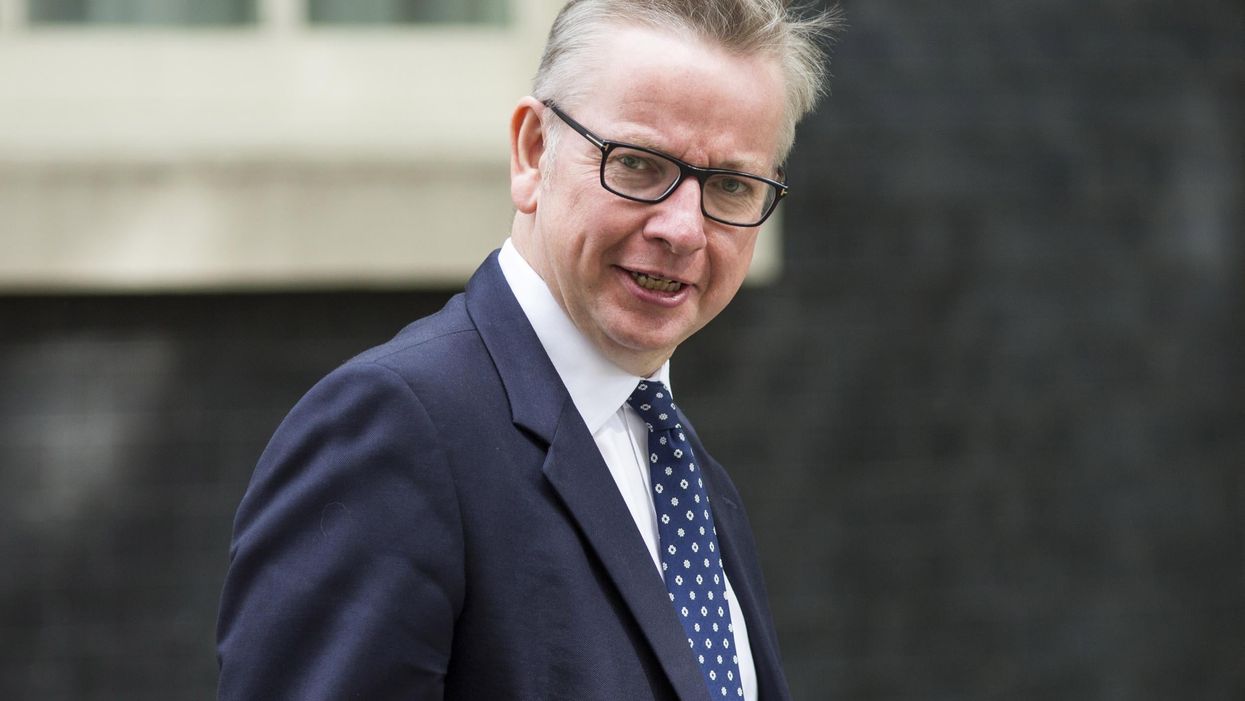
Picture:
Jack Taylor/Getty Images
You'd be forgiven for forgetting that, once upon a time, Michael Gove was a frontbench politician.
Having dramatically backstabbed Boris in the post-Brexit fallout, he's fallen away from the limelight after he wasn't included in Theresa May's cabinet.
Recently, however, Gove has been given a bit of a spotlight in the form of a place on the Exiting the EU select committee, alongside other pro-Brexit conservatives, to scrutinise the government's negotiating strategy.
He's also, in a happy coincidence, agreed with May's unpopular grammar schools policy, supporting the ban on new selective schools being lifted - a position he once vigourously opposed.
While he was in charge at the Department for Education, Michael Gove called the policy a "distraction" from education priorities:
If you set up a new grammar school in an area where it’s predominantly comprehensive provision then what you’re doing is saying there is one school or two schools here where some children can get in and others can’t, but the other schools remain comprehensive, you create within a county a dynamic which hadn’t existed beforehand, which won’t necessarily work in everyone’s interests. I think it’s also a distraction from the most important thing that we need to do, which is to concentrate on ensuring that all schools; comprehensive and primary, academy and maintained, do the very best job for all children.
Speaking to the World at One today, Gove attributed his former department's previous dismissal of grammar schools to the Liberal Democrats in coalition and David Cameron, as if they were the only reason he didn't support the policy:
The first reason, the overwhelming reason is that we were in coalition with Liberal Democrats and the Liberal Democrats wanted no increase in selection.
Also, David Cameron quite rightly concluded that when we were doing so much in so many other areas that to add selection to the mix would have crystallised and solidified opposition to the changes we wanted to make.
He said he now defends the government's policy of opening more selective schools, painting his U-turn as pragmatism.
What we are going to see is a detailed, evidence-led approach which will try to ensure that we get the maximum number of good school places.
My view is it is wrong in education to be guided by a pristine ideology. You should have a general disposition and then you should see what works. My general disposition was in favour of greater autonomy and higher standards.
Nicky Morgan, who suceeded Gove at the Department for Education under Cameron, has been notable in her criticism of the current government policy.
In an interview with Sky News today he also refused to call his spectacular backstabbing of Boris Johnson a "betrayal", characterising that interpretation of events as wrong.
As a brief reminder, BBC News' assistant political editor Norman Smith at the time characterised Gove's timely abandoning of Boris' leadership bid, to announce his own, as such:
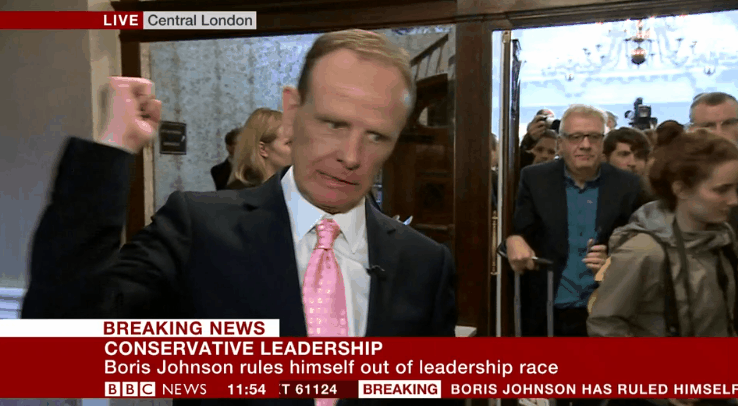
Gove interpreted the events as follows:
I made a mistake - I should either have paused before supporting Boris in the way that I did, or - having decided to support Boris, I should have stuck with it.
And the final thing that I've said is that having made that decision, not to support him but to run myself, I should probably have presented my case in a different way than the way that I did.
How pragmatic.
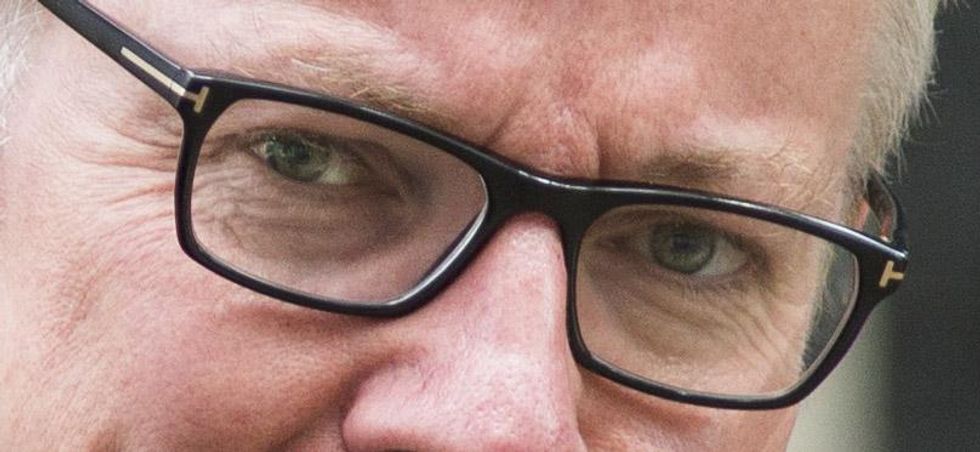
More: The one gif that sums up today's politics (and it's lunchtime)
Top 100
The Conversation (0)


